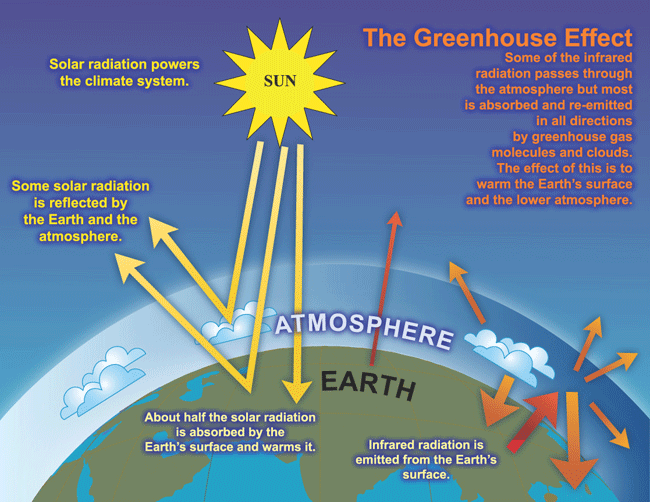Climate and Extreme Weather Resiliency in Transportation
Extreme weather events can damage transportation networks and affect air quality. Extreme heat contributes to high Ozone levels which can be harmful to our health and affect our ability to breathe. Heat waves and flooding can be particularly taxing on the road infrastructure. Higher temperatures can cause road pavement to soften and expand resulting in potholes, buckling of roads, and stress on bridge joints. Heavy rains and flooding can disrupt traffic, delay construction activities, and weaken or wash out the soil and culverts that support roads and bridges. These extremes in weather can shorten the life expectancy of the roadway, resulting in a need for more frequent maintenance and repairs.
High temperatures can also affect railways causing rail tracks to expand and buckle. Heavy rains can cause delays and disrupt service, and flooding can damage the rail lines resulting in repairs and/or replacement of the line and possible relocation to avoid future flooding events.
Weather extremes can also impact air travel. Extreme heat may result in cargo restrictions, flight delays, and cancellations. Heavy rains and flooding can cause disruptions by delaying service and forcing airports to close. Air related infrastructure, including runways, may also be damaged by flooding and higher temperatures.
According to Federal Highway Administration (FHWA), “Many state DOTs and MPOs are recognizing the role that transportation policies and investments play in contributing to the emissions of greenhouse gases (GHGs) and conversely, the potential impact of climate change on transportation systems.” Promoting the reduction of CO2 gases and other pollutants that make up greenhouse gases is in the best interest of our region to extend the life of the infrastructure and ensure a healthy air supply for our population.
Visit the FHWA website for more information on Climate issues including Adaptation Practices and Mitigation Strategies.
http://www.fhwa.dot.gov/environment/climate_change/index.cfm

